Standlee Premium Western Forage Premium Timothy Grab and Go Compressed Hay Bale, 50 lb.
Standlee Premium Western Forage Premium Timothy Grab & Go Compressed Bales are made from high quality sun-cured forage that has been double compressed compared to traditional string bales, saving storage space, and shrink-wrapped, limiting mess. Standlee Premium Western Forage timothy hay is highly palatable and contains low to moderate protein and high digestible fiber, giving your horse the energy it needs to perform. Available in approximately 50 lb. bales.
Standlee Premium Western Forage Premium Timothy Grab & Go Compressed Bales are made from high quality sun-cured forage that has been double compressed compared to traditional string bales, saving storage space, and shrink-wrapped, limiting mess. Standlee Premium Western Forage timothy hay is highly palatable and contains low to moderate protein and high digestible fiber, giving your horse the energy it needs to perform. Available in approximately 50 lb. bales.
- 8% Protein – Ideal for horses that require a moderate protein diet, such as those in light to moderate work or those on a maintenance diet
- Senior Friendly – high nutrient content to support overall health and vitality
- Hind Gut Health – promotes improved digestion and nutrient absorption
- Efficient Storage – convenient for horse owners with limited storage capacity
- Easy Travel – ideal for horse owners who travel frequently with their horses to shows or events
- Made in USA – Made in Idaho with care with the highest-quality forage in the USA
30-day guarantee
Additional information
| Horse Life Stage | All Life Stages |
|---|---|
| Packaged Height | 12 in. |
| Packaged Length | 17 in. |
| Packaged Weight | 40 lb. |
| Packaged Width | 21 in. |
| Product Height | 16.5 in. |
| Product Length | 11.5 in. |
| Product Weight | 50 lb. |
| Product Width | 21 in. |
| Warranty | 30 day guarantee |
| Manufacturer Part Number | 1200-20021-0-0 |

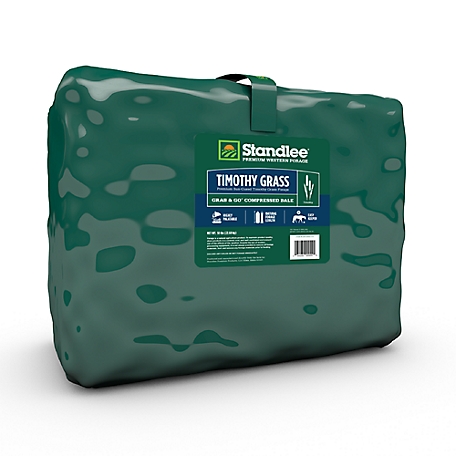

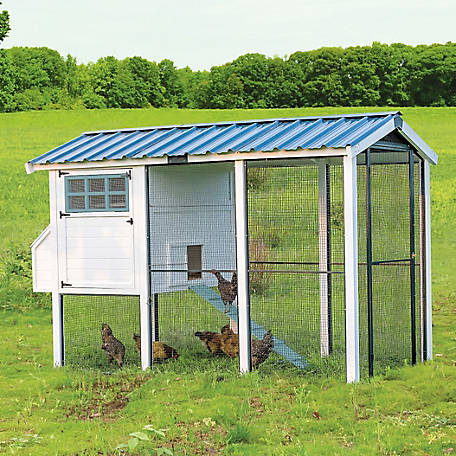
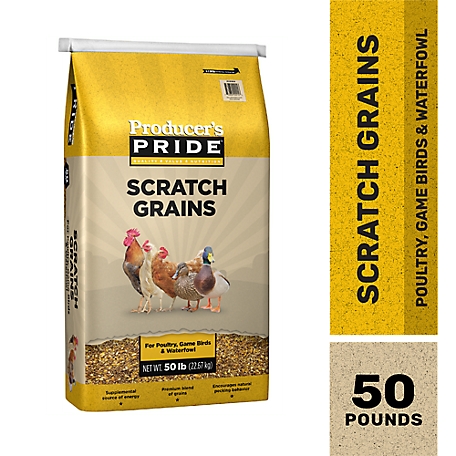

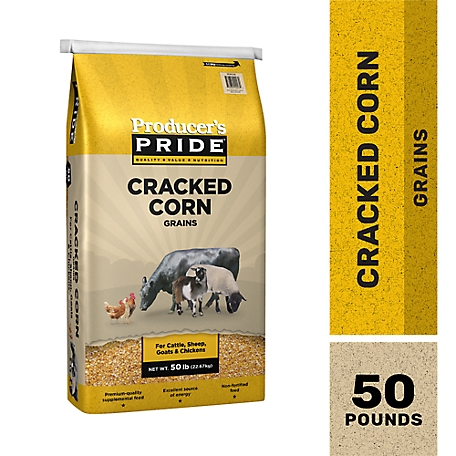
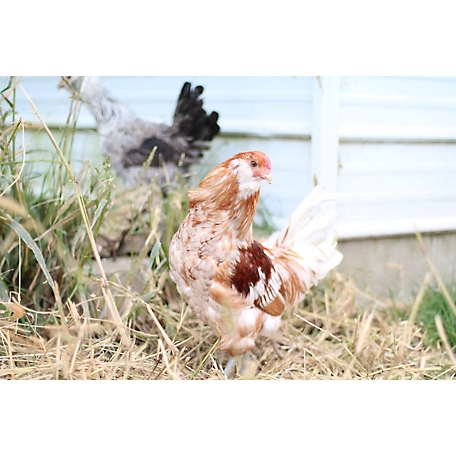

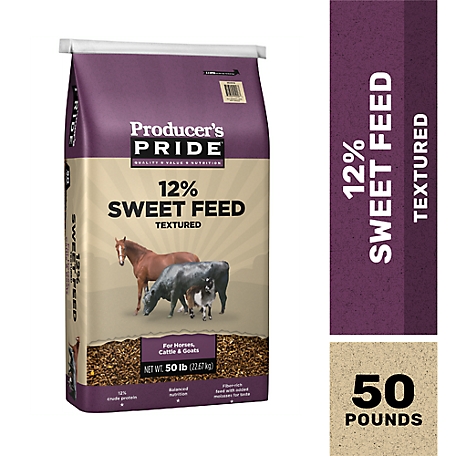
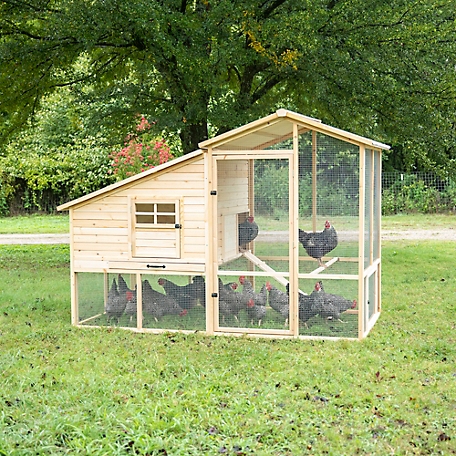
by Shar
Great quality hay on the go
by Chaystal
I will never buy timothy hay in small quantities again. I have two bunnies that love it and you can’t beat the price!
by Nomie
We use this for our 2 bunnies. Better value than the little bags of bunny hay, and they love it.
by Dee
I usually buy the “big box” from the big chain “pet website” but the price has gone up to $70.00 and the quality has gone downhill…like 50% straw. My guinea pigs won’t eat the straw so half the box goes to waste. So I thought for $30.00 I will take a chance on this. My piggies LOVE it. It was green and fresh smelling and no straw that I could see. What a bargain. I will only buy this from now on!